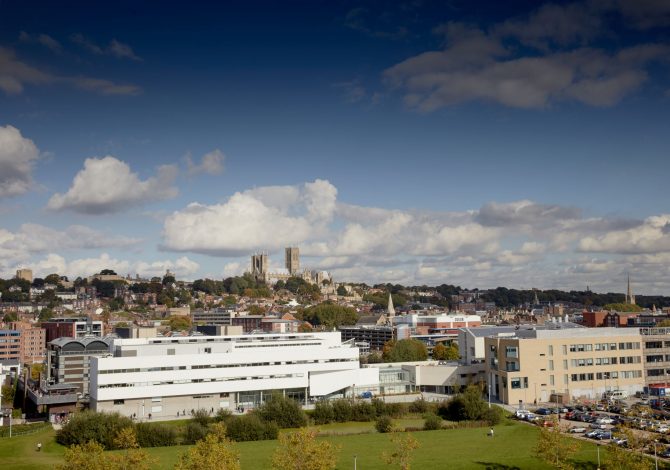There are many ways to find accommodation to rent in Lincolnshire. Please be aware that the majority of private rental properties will be ‘unfurnished’ and so you will need to budget for buying furniture such as beds, chairs, tables etc, as well as bedding, cutlery and crockery.
Before you sign for any rental accommodation please make sure that you are happy with the property, the location and the amount of rent. Rental contracts are legally binding and so once you have signed you will be liable for the rent for the whole of the contract period, even if you decide to leave the property.
Please remember that it is your choice where you live but if you decide not to live near to the University you will need to make sure that you are able to attend all of your face to face lectures at Lincoln as required by your Student Visa.
You will also need to make sure that you know how much it will cost you to travel to Lincoln for your studies and take this into account when looking at the cost of renting.
- Single Accommodation – If you are coming to Lincoln without dependants the University of Lincoln Accommodation department can help you. More information can be found on the University’s International Accommodation page.
- Couples Accommodation – The University of Lincoln does not provide rental accommodation for students with partners and you will need to find your own accommodation in the private sector when you come to Lincoln. Further private rental accommodation information can be found on the University’s Privately Rented Accommodation page.
- Family Accommodation – The University of Lincoln does not provide rental accommodation for students with families and you will need to find your own accommodation in the private sector when you come to Lincoln. Further private rental accommodation information can be found on the University’s Privately Rented Accommodation page. It is important to remember that when you are looking for family accommodation, it will not be classed as ‘student’ accommodation and so you will need to ask for ‘family’ and not ‘student’ rental properties.
Private landlords will often ask for a UK Guarantor. A guarantor is someone who promises to pay the rent if the tenant does not. As an international student, it may be impossible for you to have a guarantor, so be prepared for landlords or letting agents to ask you to pay 6 to 12 months of rent in advance.
If you are coming to Lincoln with dependants (family), please watch the video below which highlights some of the factors you may wish to consider:

Please find the links from the above video below:
https://www.rightmove.co.uk/property-to-rent/lincoln
https://www.onthemarket.com/to-rent/property/lincoln
https://www.zoopla.co.uk/to-rent/property/lincoln
https://www.your-move.co.uk/properties-to-rent/lincoln
https://www.spareroom.co.uk/flatshare/lincoln
UKCISA – international student advice and guidance – Planning your housing
Some of the towns and cities within commutable distance to Lincoln are;
- Gainsborough
- Grantham
- Mansfield
- Newark
- Nottingham
- Retford
- Skegness
- Sleaford
- Worksop






